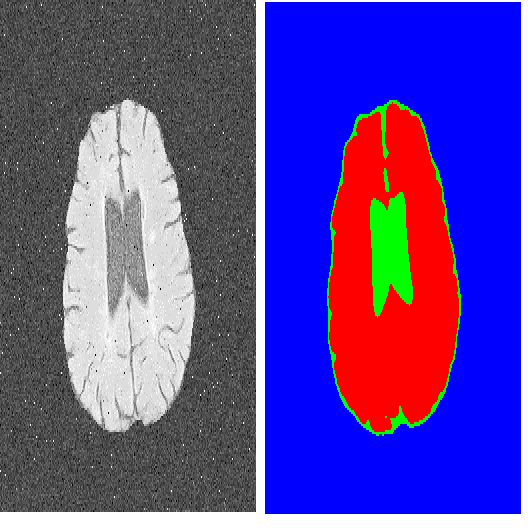Contrastive self-supervised learning is widely employed in visual recognition for geographic image data (remote or proximal sensing), but because of landscape heterogeneity, models can show disparate performance across spatial units. In this work, we consider fairness risks in such contrastive pre-training; we show learnt representations present large performance gaps across selected sensitive groups: urban and rural areas for satellite images and city GDP level for street view images on downstream semantic segmentation. We propose fair dense representations with contrastive learning (FairDCL) to address the issue, a multi-level latent space de-biasing objective, using a novel dense sensitive attribute encoding technique to constrain spurious local information disparately distributes across groups. The method achieves improved downstream task fairness and outperforms state-of-the-art methods for the absence of a fairness-accuracy trade-off. Image embedding evaluation and ablation studies further demonstrate effectiveness of FairDCL. As fairness in geographic imagery is a nascent topic without existing state-of-the-art data or results, our work motivates researchers to consider fairness metrics in such applications, especially reinforced by our results showing no accuracy degradation. Our code is available at: https://anonymous.4open.science/r/FairDCL-1283
翻译:暂无翻译


